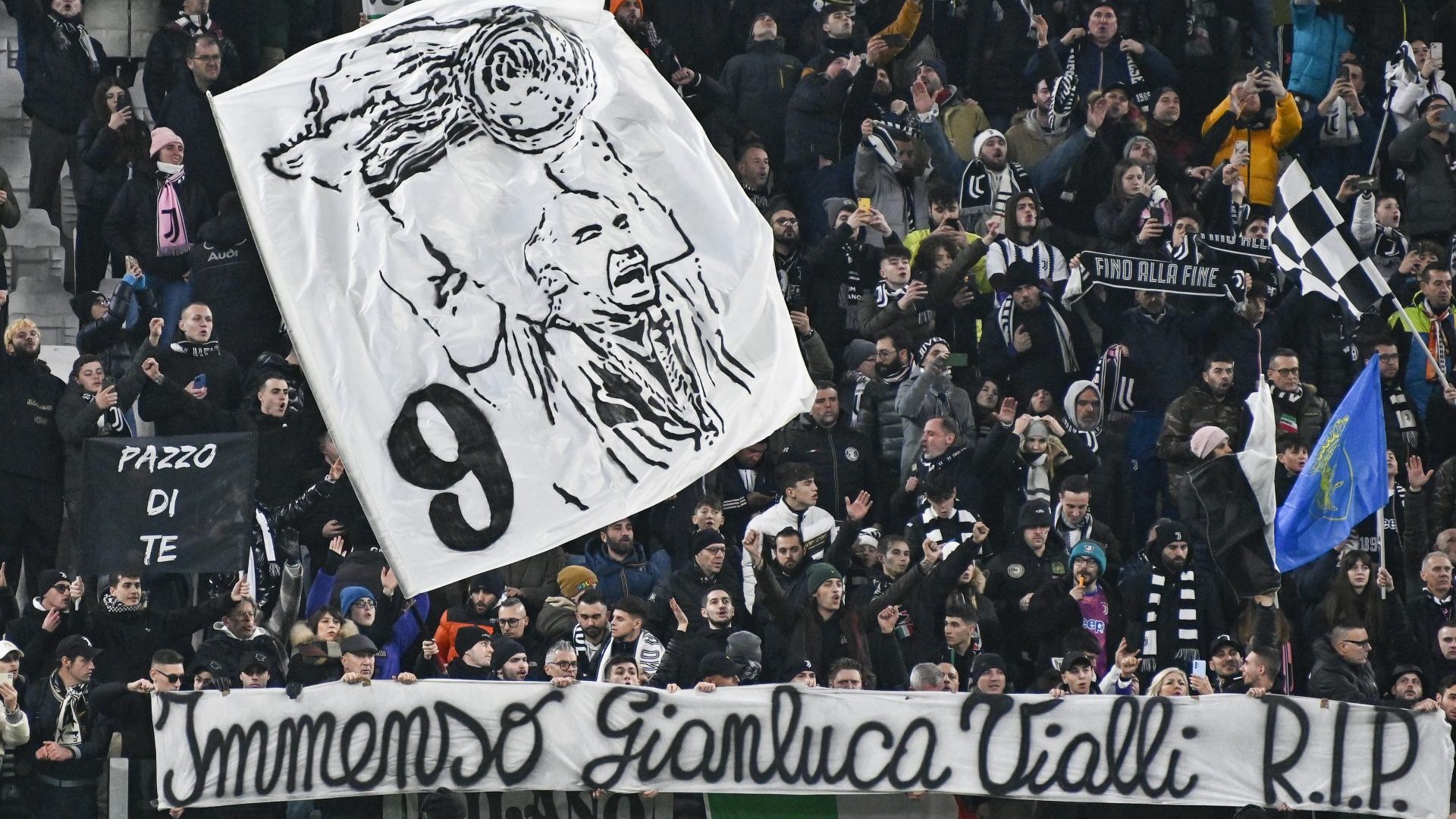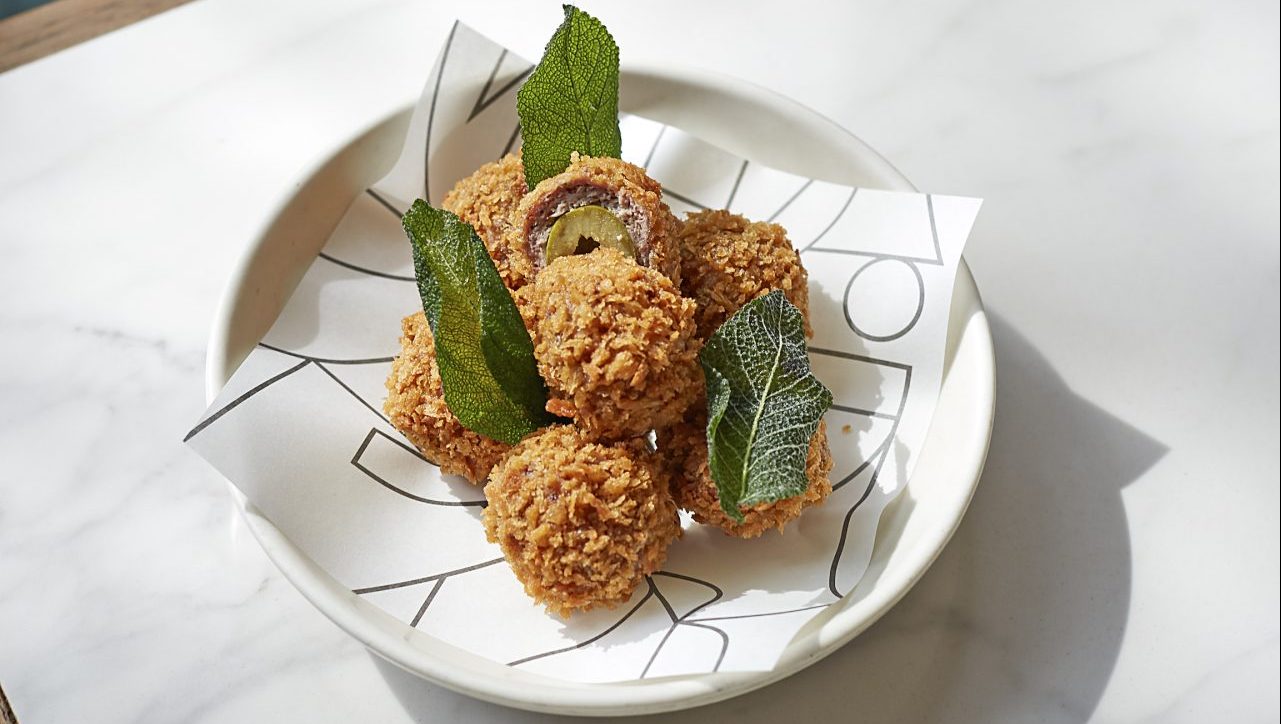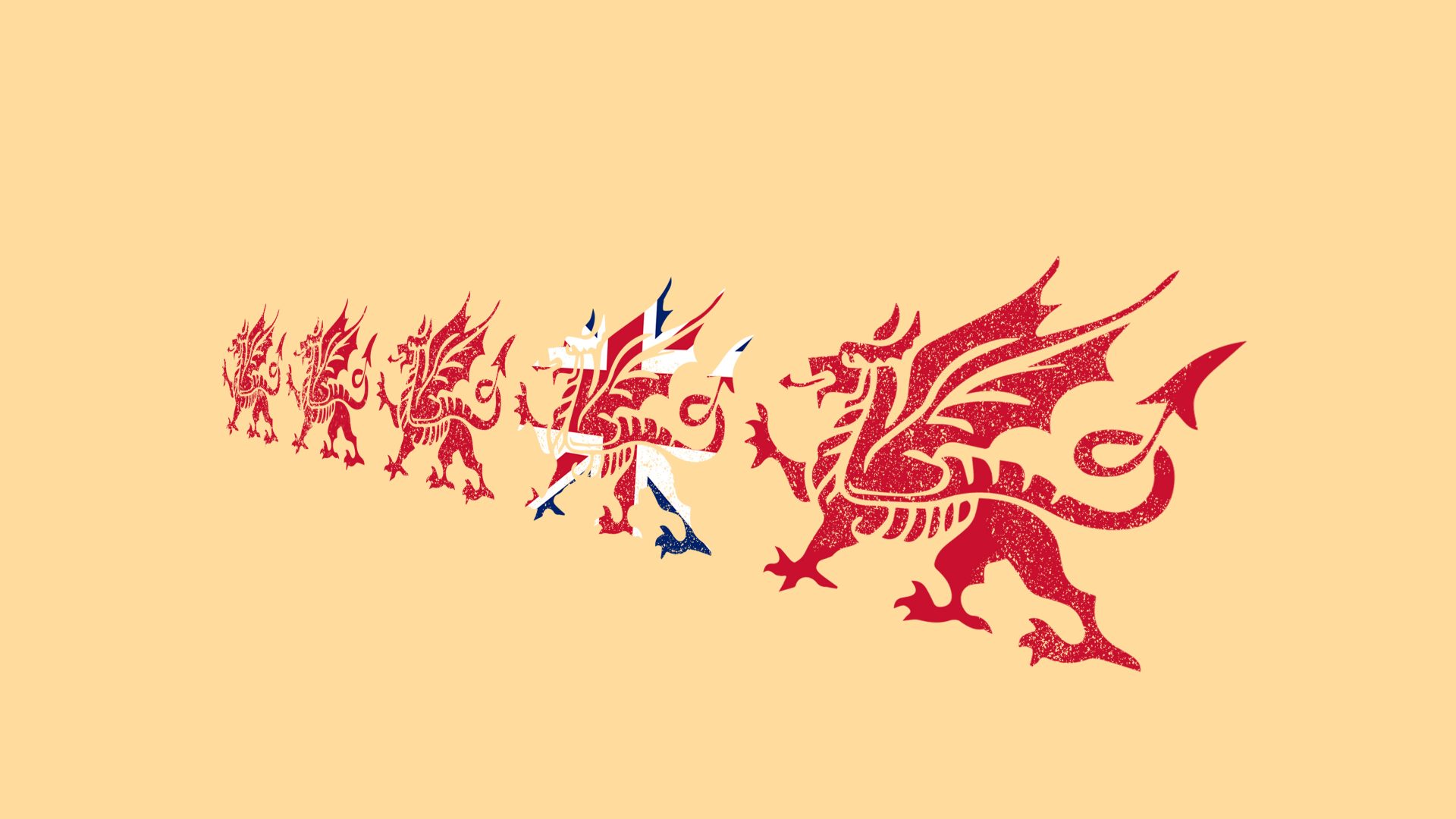Still they fall. At least Pelé lived beyond the proverbial three score and ten years. But football has prematurely lost three more giants in dreadful succession. The Serbian free-kick specialist and Italian club coach Siniša
Mihajlović died in Rome at 53. Scottish striker Frank McGarvey passed away at 66. And now Gianluca Vialli, admired from Italy to his adopted London, has died at 58.
They were once among the fittest of men. Cancer took them all.
And though we feared it was coming, Vialli’s death on Friday was the most
chilling. The sting is worse because of the lovely man that he was, and because we remember his rapturous embrace with his lifelong pal Roberto
Mancini when Italy won the European Championship at Wembley just 18
months ago.
So many footballers, Pelé included, owe all that they had to the game. Vialli was different. The author Gianni Brera dubbed him “Stradivialli” because Vialli was born into money in Cremona, the Lombardy city where Antonio Stradivari crafted the world’s finest violins.
If football could be compared to music, it was in the accord that Vialli and Mancini struck in their teens at Sampdoria. Vialli the winger-turned-goalscorer with acrobatic flamboyance, Mancini the colder of the pair, the sniper able to sense the movement of his pal and to pick him out with a pass. All Italy was to call them “i Gemelli del Gol”, the goal twins, by the time they shot the Genoa club to the Serie A title in 1991.
I remember Paolo Mantovani, the patrician shipping magnate who financed Sampdoria’s rise out of poverty, saying at his home in the hills above Genoa that players were like his sons. Not just Vialli and Mancini but others that he signed, including Liam Brady, Trevor Francis, Graeme Souness and Toninho Cerezo. All that Mantovani asked was that they do for him what he could never do in his childhood dreams.
And I recall Gianni Agnelli, the paymaster of the mighty Juventus, coveting what Mantovani saw in players. “He knows every muscle of every player,” he said. What Agnelli coveted he often bought, so when the Sampdoria job was done Vialli did indeed join Juve. The transfer fee, incidentally, was a world record back in the 1990s – £12.5m. Imagine that, 30 years and hundreds of millions later.
After that came Chelsea, who he would play for, player-manage and then manage. Explaining why he was moving to London at the age of 32, he said: “Football has given me riches, popularity and privileges, but I want even more. I live for indescribable emotions and the game can give me that.” London was an Indian summer for him. He married a South African model, had two daughters and developed a permanent love of the Fulham lifestyle. After leaving Chelsea, he briefly managed Watford before moving to television co-commentary.
Stradivialli was never the norm of a career in sport. His start in life, raised
in a castle and with bourgeois wealth, fostered an independence far beyond
even football stardom. He chose his own paths, and could articulate the reasons why.
He first moved down from Lombardy to Genoa, declining the lores of Juventus and of AC Milan’s owner Silvio Berlusconi. “In the big teams,” said the 18-year-old Vialli, “you are above all a number, depending on results. At this moment, I am interested in being above all a person.” And they tell us football is not a game for intellectuals!
Anyway, in eight seasons, 223 games and 85 goals for Sampdoria, he found
what a person, what a player he was. Mantovani found the players to surround and to serve his goal twins, and hired Vujadin Boškov, the Yugoslav
coach, to blend their talents.
Italy’s national team trainer, Enzo Bearzot, of course took notice, and when Vialli did eventually move on to Juventus, his team-mates were the likes of Roberto Baggio, Alessandro Del Piero and Fabrizio Ravenelli. And the coaching at Juventus was up a notch, at least in the intensive fitness regimen that Marcello Lippi subjected Vialli to. It was, Lippi decided, necessary to put some weight, some muscle, into the lean frame that had sufficed perfectly well at Sampdoria.
One wonders whether that demanding regimen ever compromises the resistance to disease that athletes, like the rest of us, need to stay safe, and to stay alive? Maybe Vialli, and the other three famous players who died around the turn of this year, were just ex-athletes, prone to illness that prematurely ends life.
Anyway, the goal by which I will always remember Gianluca Vialli came at Stamford Bridge in August 1997. It was a “team goal” crafted between three Chelsea players inside 10 seconds.
Dutch keeper Ed de Goey plucked out a Barnsley corner kick and threw the ball half the length of the pitch to Dan Petrescu. The Romanian wing back controlled it and used the outside of his foot to curl the ball 35 yards into the path of Vialli.
That path was already determined by the Italian, whose run made up Petrescu’s mind for him. And then Vialli shielded the ball from an opponent, allowing it to bounce once, twice before striking it beyond the stranded opposing goalkeeper.
Three Chelsea players had demonstrated in seconds why English football was becoming the mecca for the world game. Three foreigners connected by instinct. Vialli had been omitted by Chelsea for weeks before that day because of differences of opinion with the manager, Ruud Gullit.
Vialli scored four times in that game. He then eloquently declined media invitations to say he might have proved a point. A star, and a gentleman.




